




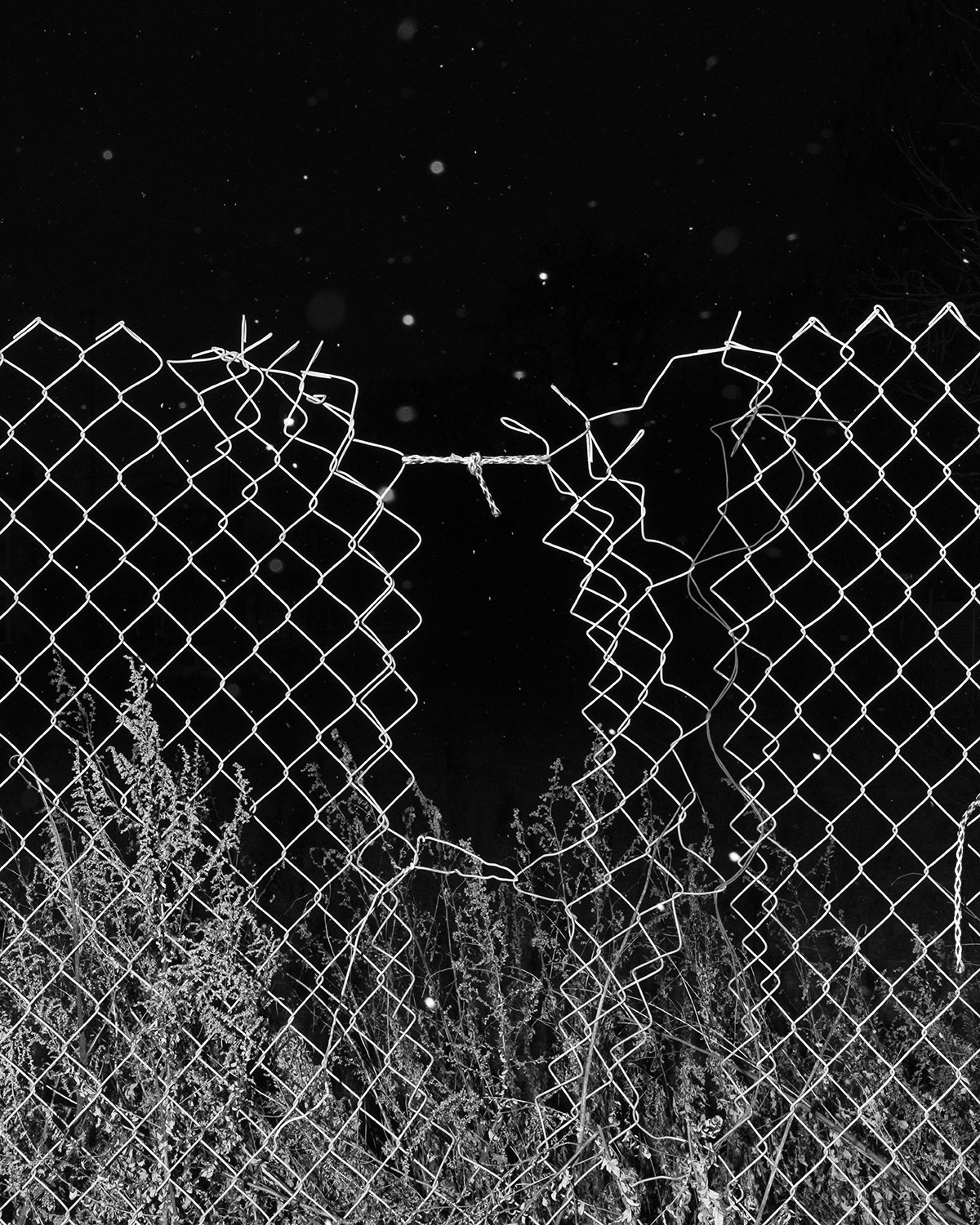


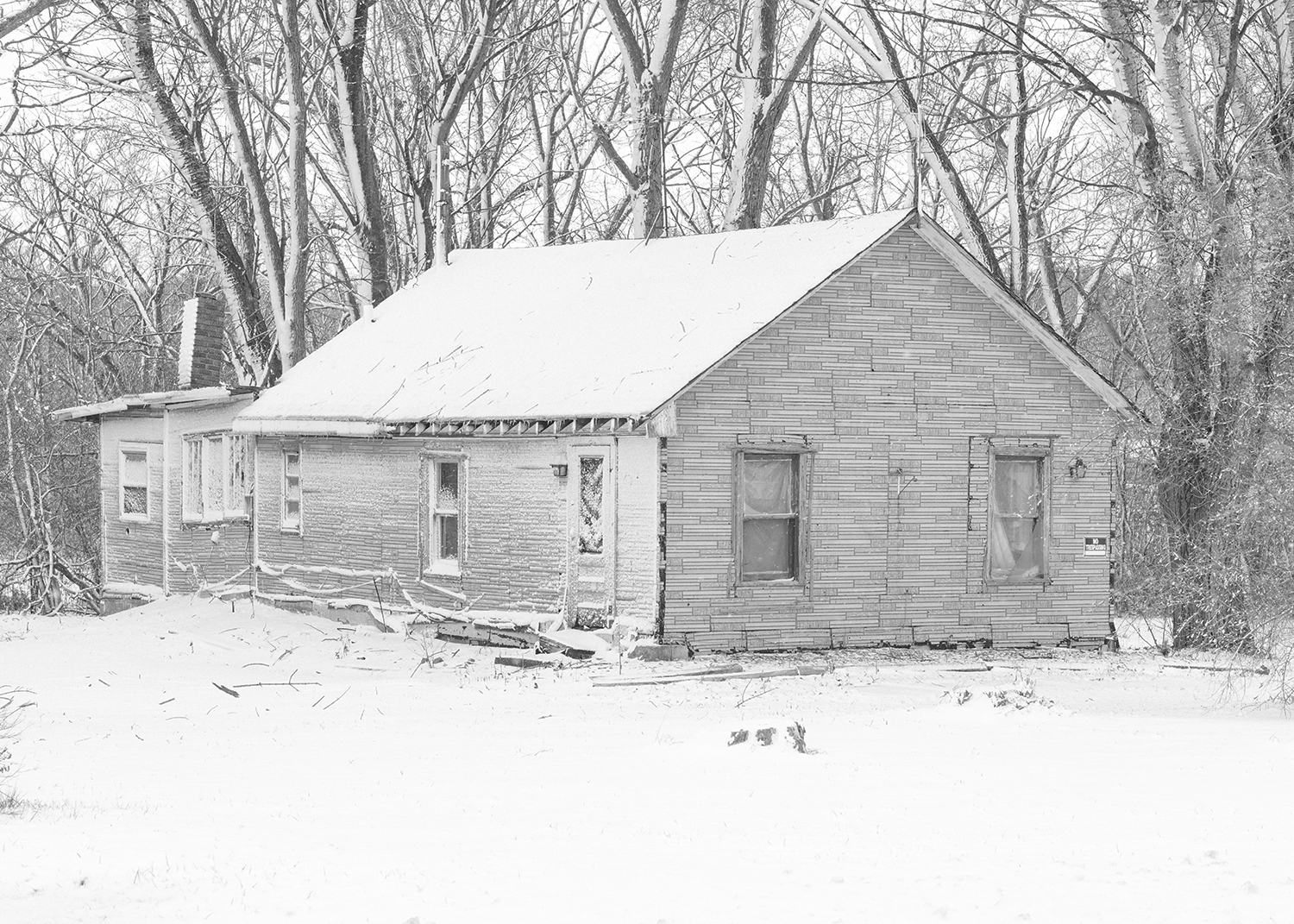
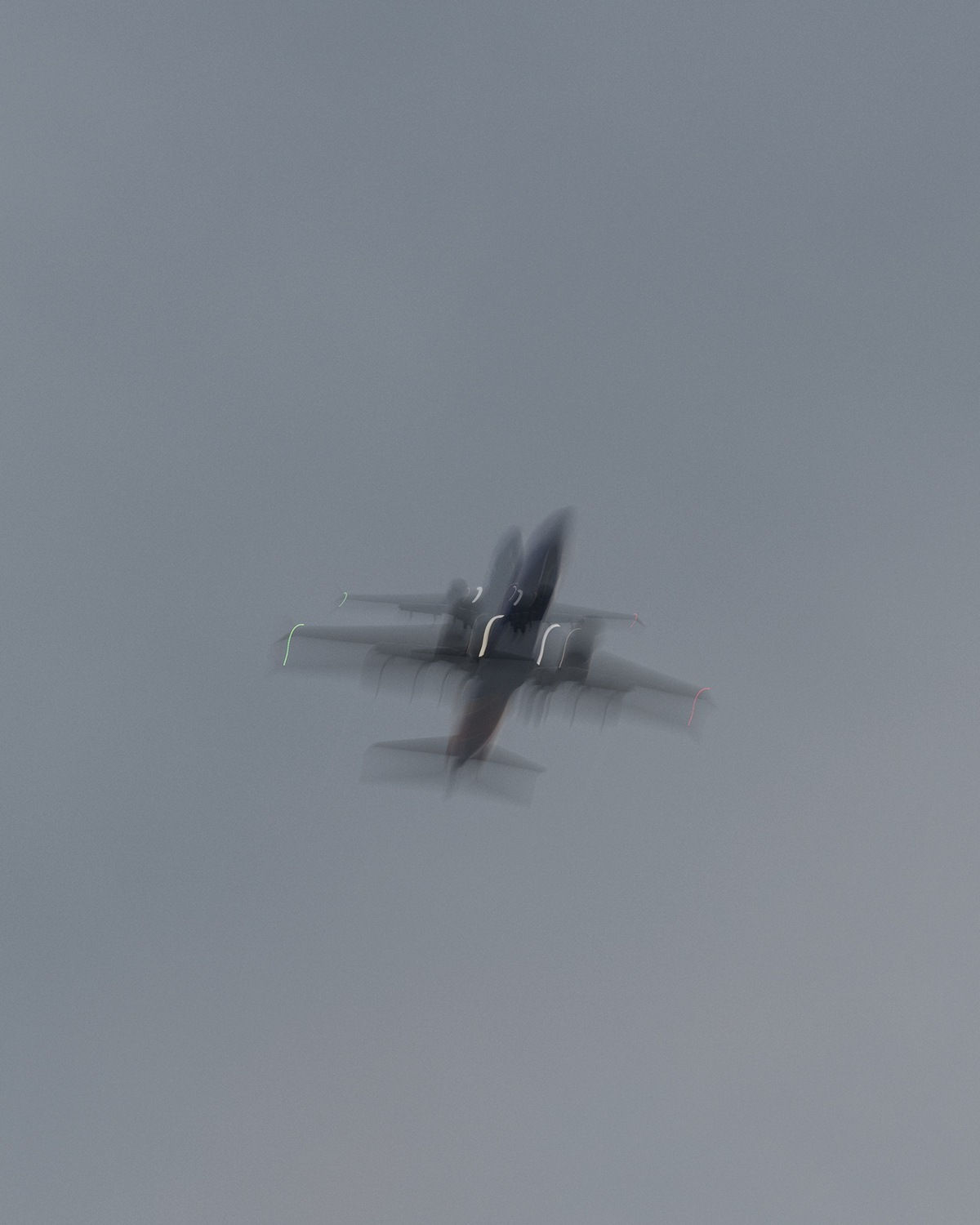

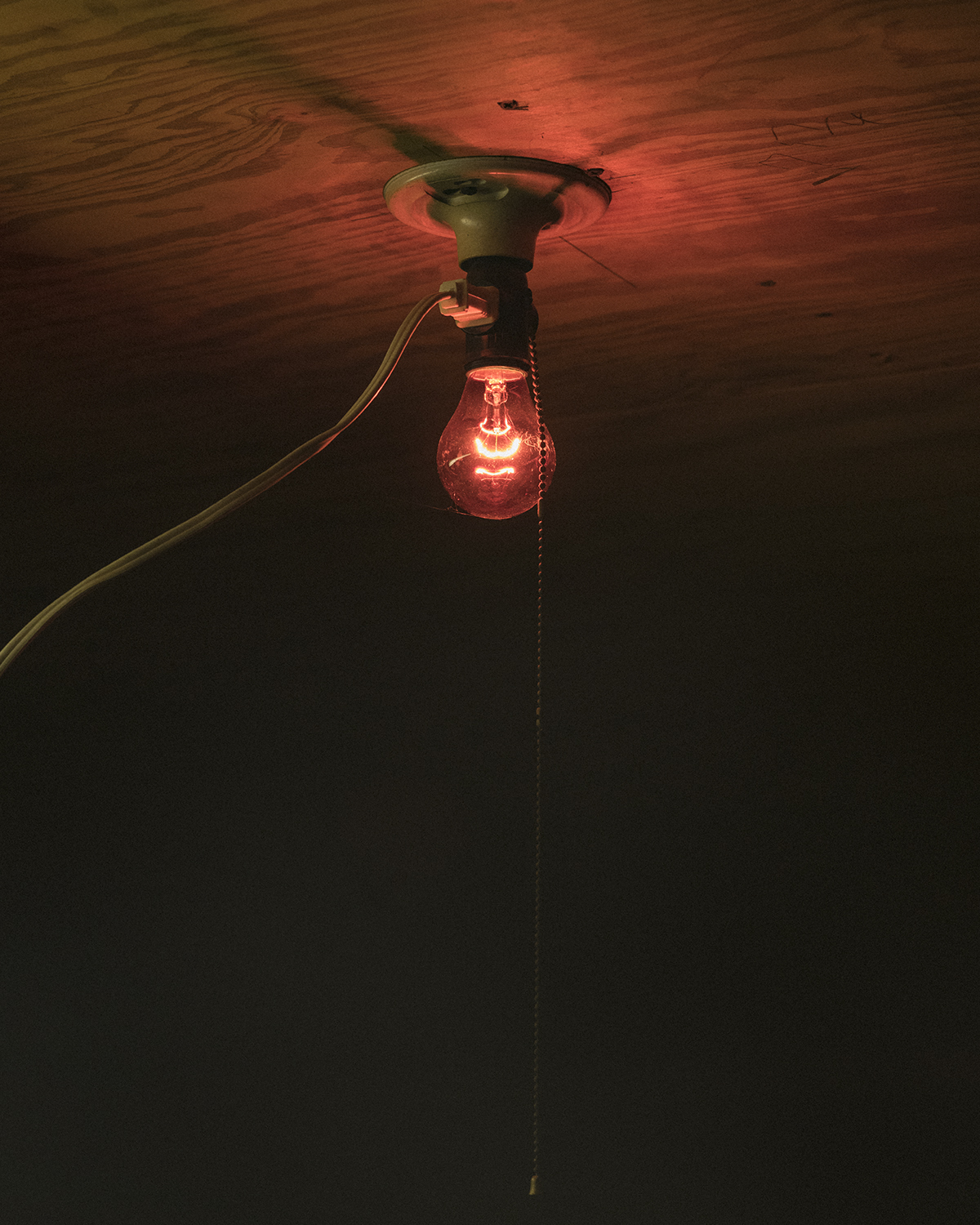
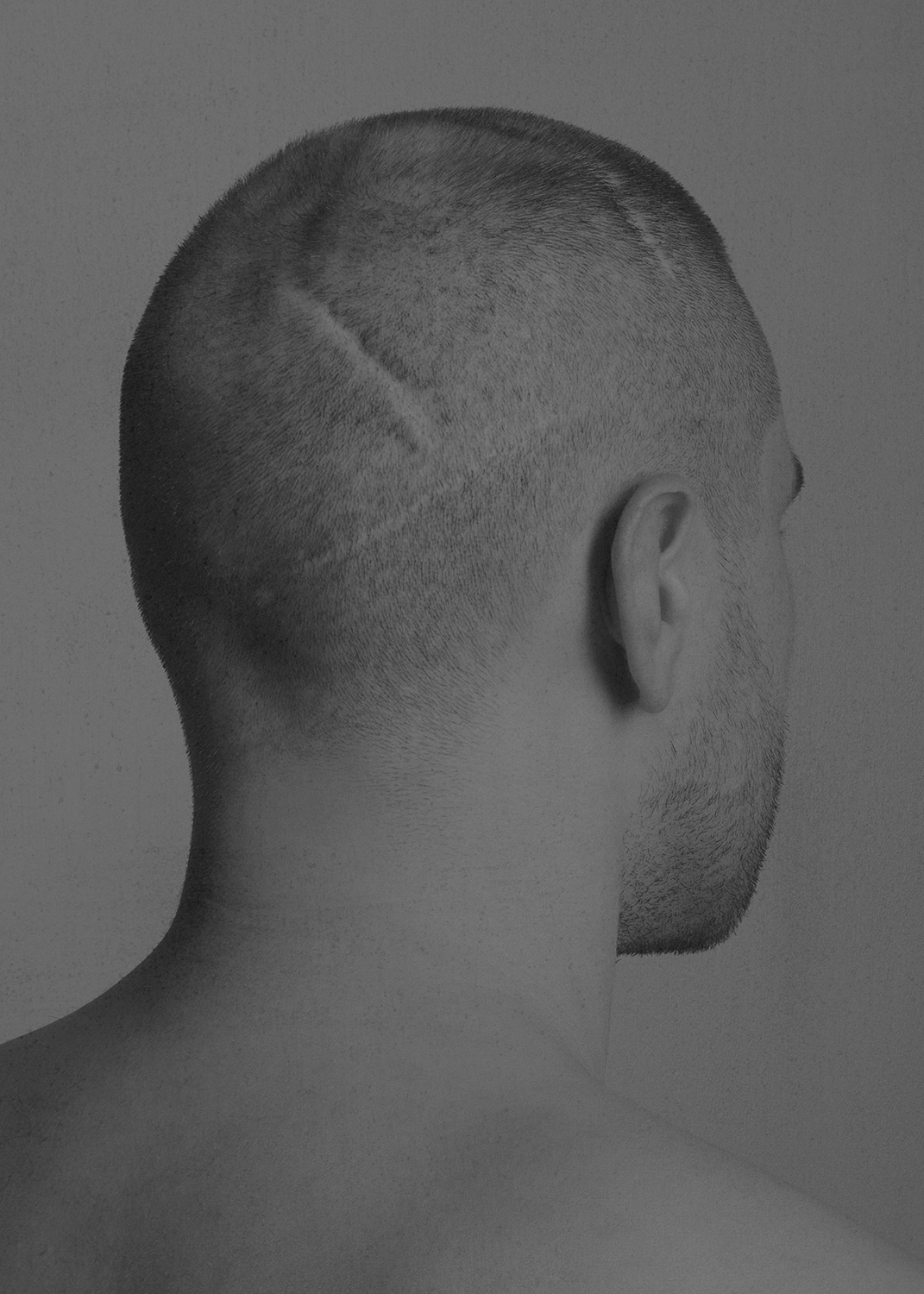

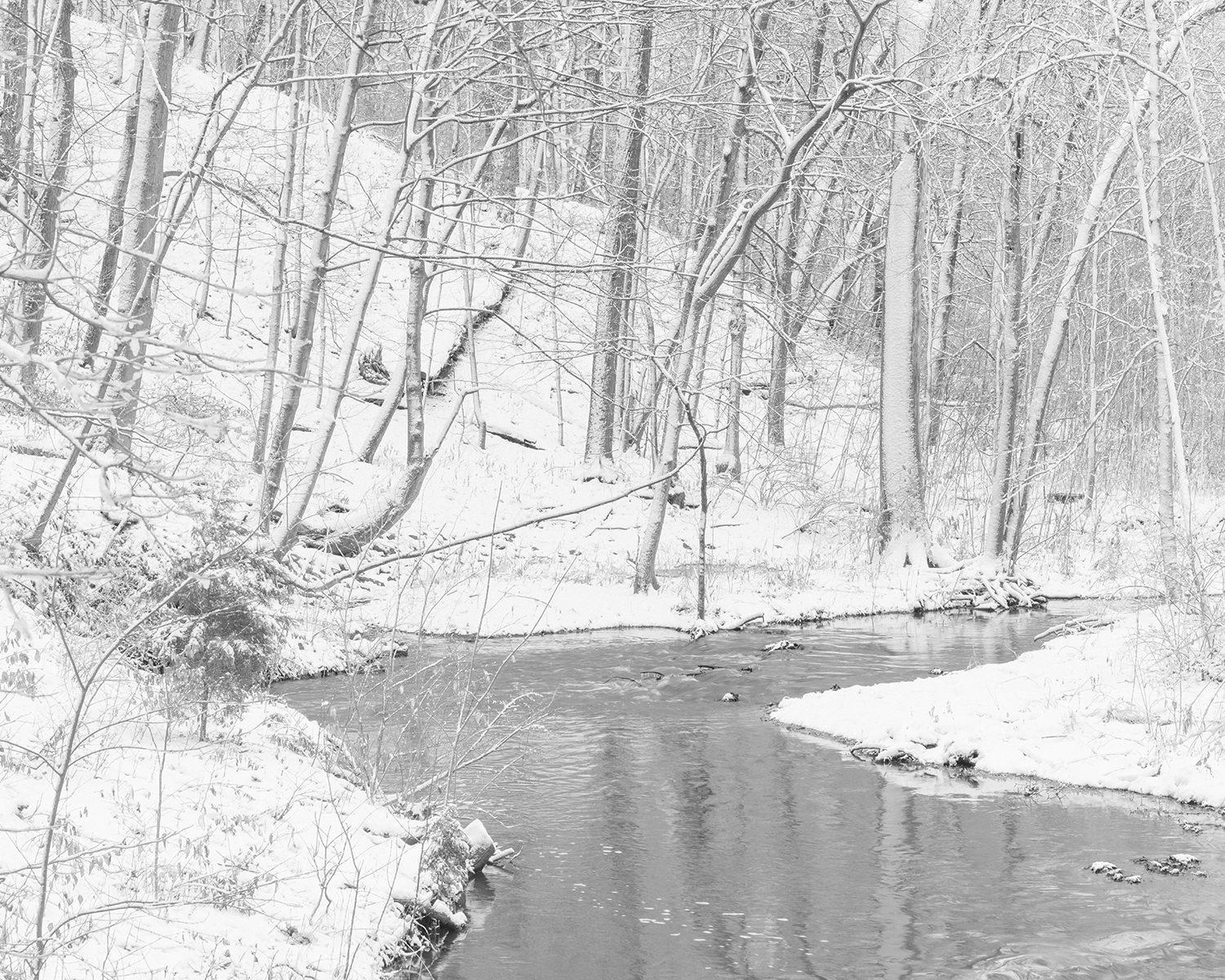
false spring
Andrew Skoda
-
“And I no longer ask for all the solitude in the world, but for time.” ― Roberto Bolaño, Antwerp
False Spring is a loosely collected group of photographs that examines the utilities and taxes of memory and emotion while dealing with Seasonal Affective Disorder. Made over a winter which waxed and waned between extreme cold and spring-like warmth, the fragmented sequence is a string of images responding directly to the instinctual reaction to document as an affirmation of existence or purpose. The re-contextualization of the images attempts to identify and catalogue an internal or subconscious dialogue which visualizes the struggle of dealing with the strong emotions and challenges that accompany the isolating nature of a harsh Midwestern winter. Inspired by Antwerp, Roberto Bolaño’s experimental novel, which is comprised of an extremely fragmented narrative that is broken into 52 sections and shuns traditional plot movements while obfuscating characters and their narratives behind imperfect, subjective recollections of events.
-
Andrew Paul Skoda (b. 1993, Illinois) was raised and attended high school on the far edge of the Southside of Chicago. He grew fond of making photographs when his father gave him disposable cameras to keep him entertained while his family went on long fishing trips to neighboring states. He received his BA in photography from Columbia College Chicago in 2017, and is currently based in Chicago. His work is centered around scrutinizing the associations and links between photography, understanding, and memory. Abusing the romantic documentary mode, Andrew exploits photography’s distinct capacity for narrative and punctuality to transpose a subjective, fragmented, and re-contextualized understanding of the crumbling infrastructure and shifting industrial culture in the Midwest. He is deeply interested in the psychology of image- making, and particularly seeks to better grasp the inner-workings of how we recognize and associate with images, our environments, and those around us. He only hopes one day to be able to find the negatives he made when he was a child with his father and mother, as he believes that those were the best photographs he has and will ever make.
More of his work can see at www.andrewskoda.com
